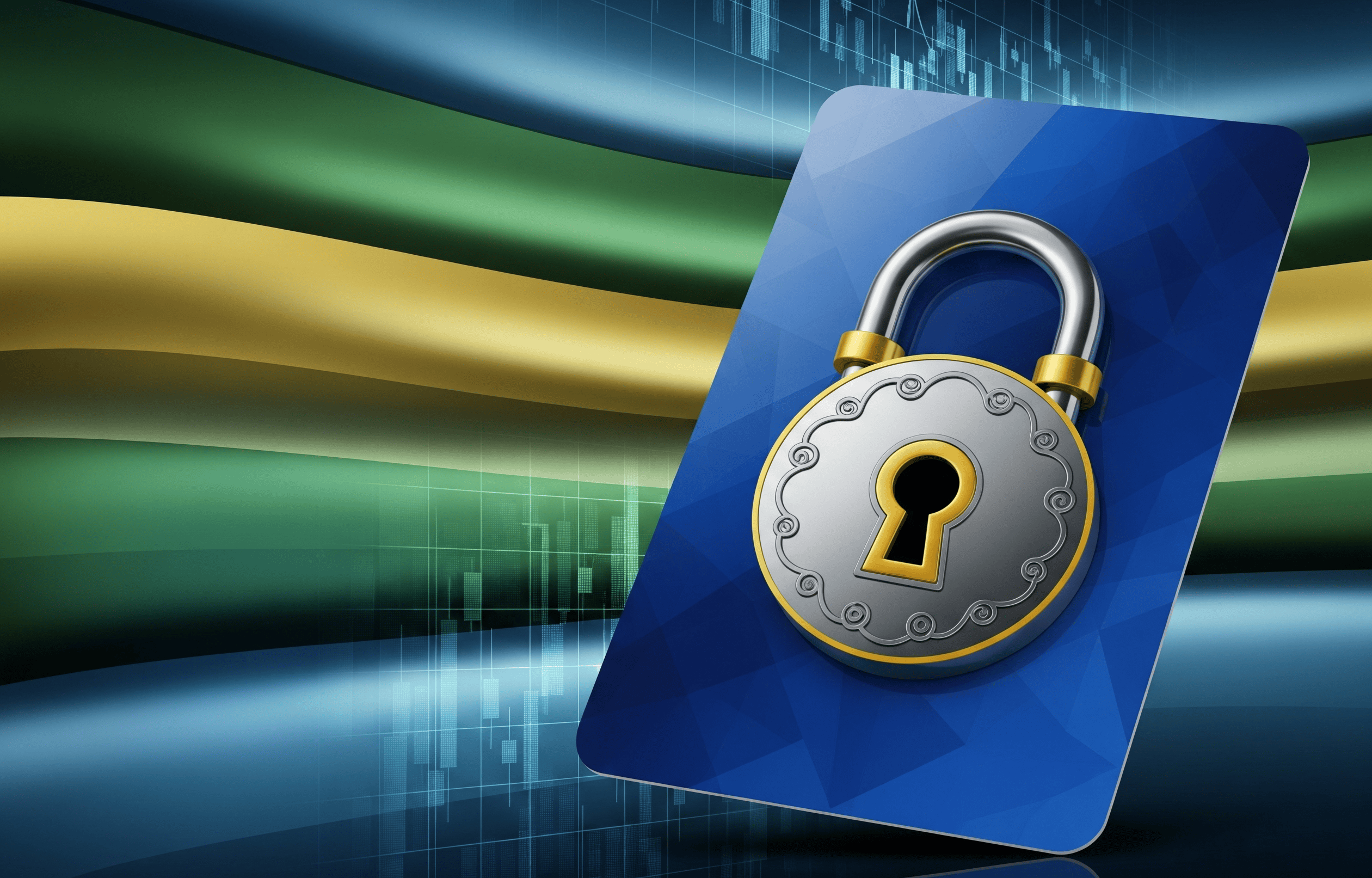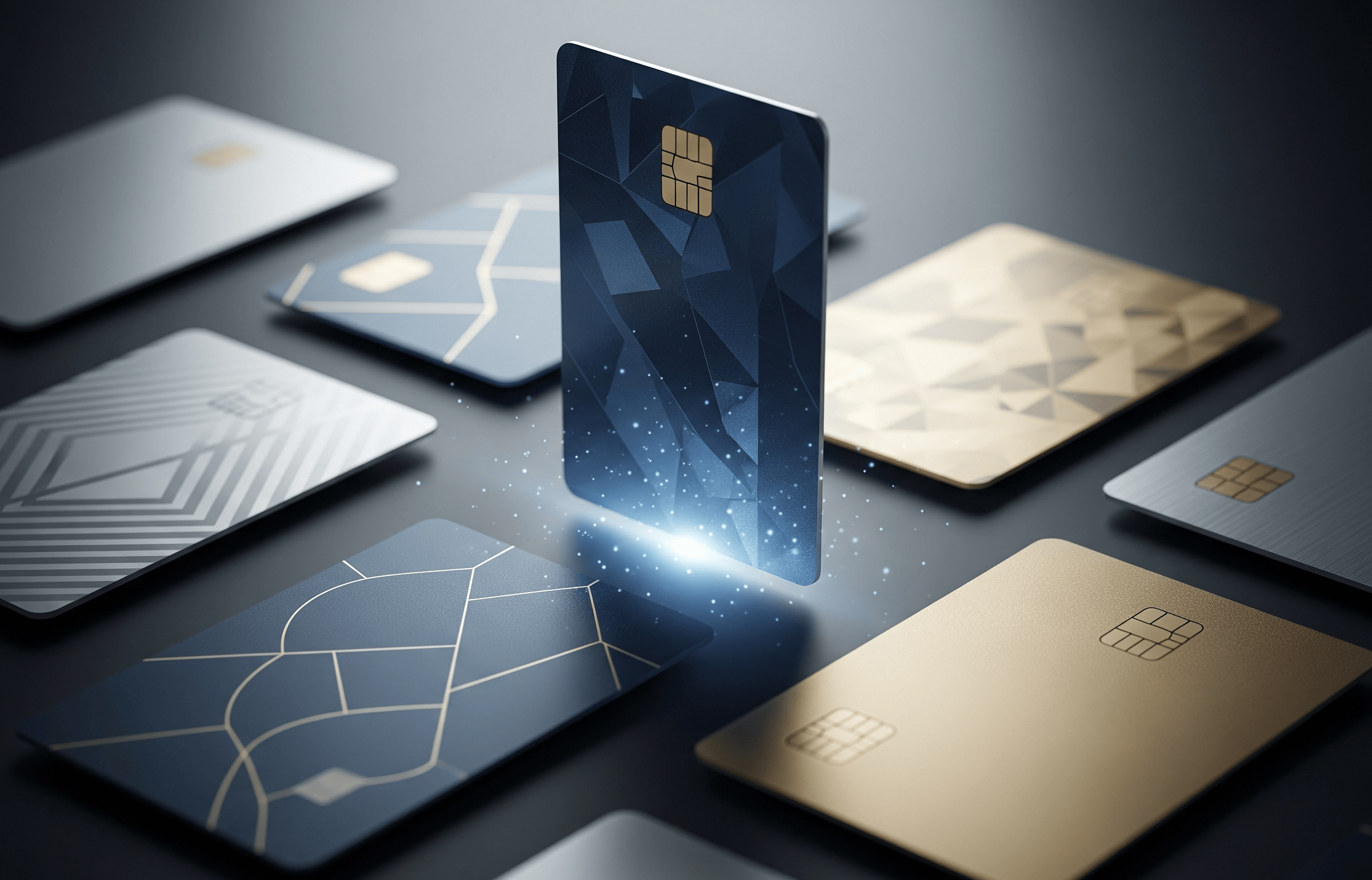Building credit can feel like a daunting task, especially if you’re new to the world of credit cards or recovering from past financial hiccups. But here’s the good news: with the right credit card and a few smart habits, you can establish a solid credit score that opens doors to better loans, apartments, and even job opportunities. In this guide, I’ll walk you through the best credit cards to build credit in 2025, based on current trends and options that cater to beginners. Whether you’re a student, a recent immigrant, or someone looking for a fresh start, there’s a card here for you.
What Does It Mean to Build Credit?
Your credit score is like a financial report card—it shows lenders how reliable you are at managing borrowed money. Building credit means creating a positive history of borrowing and repaying, typically tracked by credit bureaus like Equifax, Experian, and TransUnion. A good credit score (usually 670 or higher on the FICO scale) can lead to lower interest rates and more financial flexibility.
Credit cards are one of the easiest tools to build credit because they report your payment history and credit usage to these bureaus. Pay on time, keep your balance low, and you’re on your way to a stronger score.
Types of Credit Cards for Building Credit
Not all credit cards are created equal when it comes to building credit. Here are the main types designed for beginners or those with limited credit history:
Secured Credit Cards
- How They Work: You put down a cash deposit (e.g., $200) that becomes your credit limit.
- Best For: People with no credit or bad credit.
- Pros: Easy to qualify for; helps establish payment history.
- Cons: Requires upfront money; often no rewards.
Student Credit Cards
- How They Work: Designed for college students with little to no credit history.
- Best For: Young adults starting out.
- Pros: Often unsecured (no deposit); may offer student-friendly rewards.
- Cons: Limited to enrolled students; low credit limits.
Cards for Bad or No Credit
- How They Work: Unsecured cards with lenient approval but higher fees or interest rates.
- Best For: Those rebuilding credit or starting from scratch.
- Pros: No deposit required; accessible.
- Cons: Higher costs; watch out for predatory terms.
Best Credit Cards to Build Credit in 2025
Based on recent trends and consumer feedback, here are some of the best options to consider:
1. Discover it Secured Credit Card
- Why It’s Great: No annual fee, cash back rewards (1-2%), and a path to upgrade to an unsecured card after 7 months of good behavior.
- Deposit: $200 minimum.
- Trending Because: Rewards are rare for secured cards, making it a standout choice.
2. Capital One Platinum Secured Credit Card
- Why It’s Great: Lower deposit options (as low as $49 for a $200 limit) and no annual fee.
- Deposit: $49, $99, or $200, depending on your credit profile.
- Trending Because: Flexible deposit makes it accessible to more people.
3. Petal 2 "Cash Back, No Fees" Visa Credit Card
- Why It’s Great: No fees (annual, late, or foreign transaction) and up to 1.5% cash back after 12 on-time payments.
- Deposit: None—it’s unsecured!
- Trending Because: Rewards and no fees appeal to credit-builders who want value.
4. Chase Freedom Student Credit Card
- Why It’s Great: $50 bonus after first purchase, 1% cash back, and no annual fee.
- Deposit: None—unsecured for students.
- Trending Because: Chase’s student perks and potential credit limit increases.
Note: Terms and availability can change, so check with issuers before applying.
How to Choose the Right Card for You
With so many options, how do you pick? Consider these factors:
- Your Starting Point: No credit? A secured card might be easiest. Some history? Look at unsecured options like Petal.
- Costs: Avoid high annual fees unless the benefits (like rewards) outweigh them.
- Goals: Want rewards? Prioritize cards like Discover or Petal. Just need a foot in the door? Capital One’s low deposit works.
- Upgrade Potential: Cards that transition to unsecured status save you hassle later.
Think about your budget and habits, too. A card you can use responsibly is the best fit.
Tips for Using the Best Credit Cards to Build Credit

Getting the card is just the start—how you use it matters most:
- Pay On Time, Every Time: Late payments hurt your score the most. Set up autopay to stay on track.
- Keep Utilization Low: Use less than 30% of your credit limit (e.g., $60 on a $200 limit).
- Track Your Spending: Apps like Mint or your card’s portal can help.
- Avoid Closing Old Accounts: Keeping them open boosts your credit history length.
Small, consistent steps lead to big results.
Boost Your Credit with Cheers Credit Builder
Pairing a credit card with Cheers Credit Builder can supercharge your credit journey. Cheers offers an automated solution that reports stable monthly payments to all three credit bureaus. This builds a positive payment history - which accounts for up to 40% of your credit score! Easy as that. It also diversifies your credit mix—10% of your score—by adding an installment account.
**No hard credit pull is needed, and funds are held in an FDIC-insured account. Cheers is not a bank. Deposit accounts held by Sunrise Bank, Member FDIC.
Conclusion
Building credit doesn’t have to be complicated. Cards like the Discover it Secured, Capital One Platinum Secured, Petal 2 Visa, and Chase Freedom Student offer accessible ways to start, each with unique perks to match your needs. Pick one that fits your situation, use it wisely, and watch your credit grow. Have your own best credit cards to build credit or a tip? Let me know—I’d love to hear what’s working for you!
References:
- www.consumerfinance.gov/ask-cfpb/what-is-a-credit-score-en-315/
- www.consumerfinance.gov/ask-cfpb/how-do-i-build-credit-en-1947/
- www.bankrate.com/credit-cards/building-credit/secured-vs-unsecured-credit-cards/
- https://www.equifax.com/personal/education/credit-cards/articles/-/learn/what-is-a-secured-credit-card-do-they-build-credit/
- www.consumer.ftc.gov/articles/understanding-your-credit


















